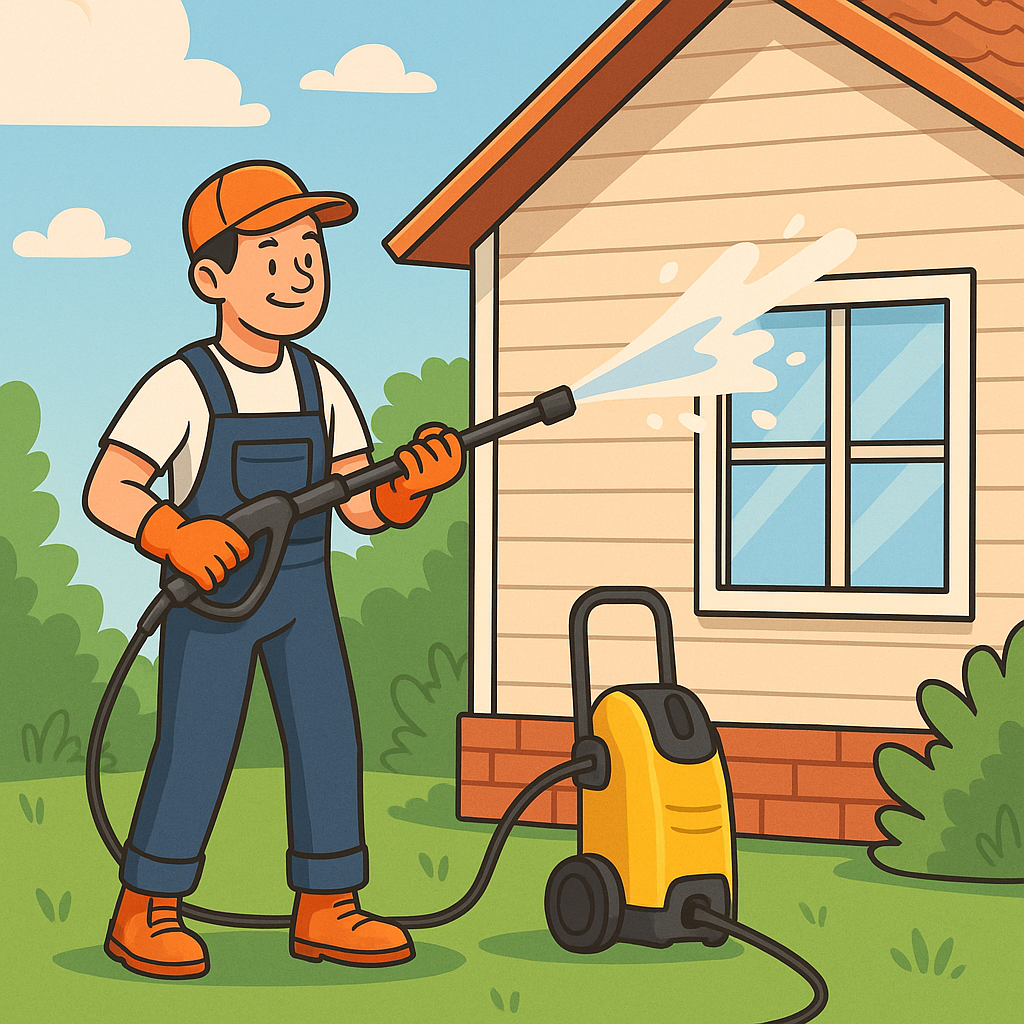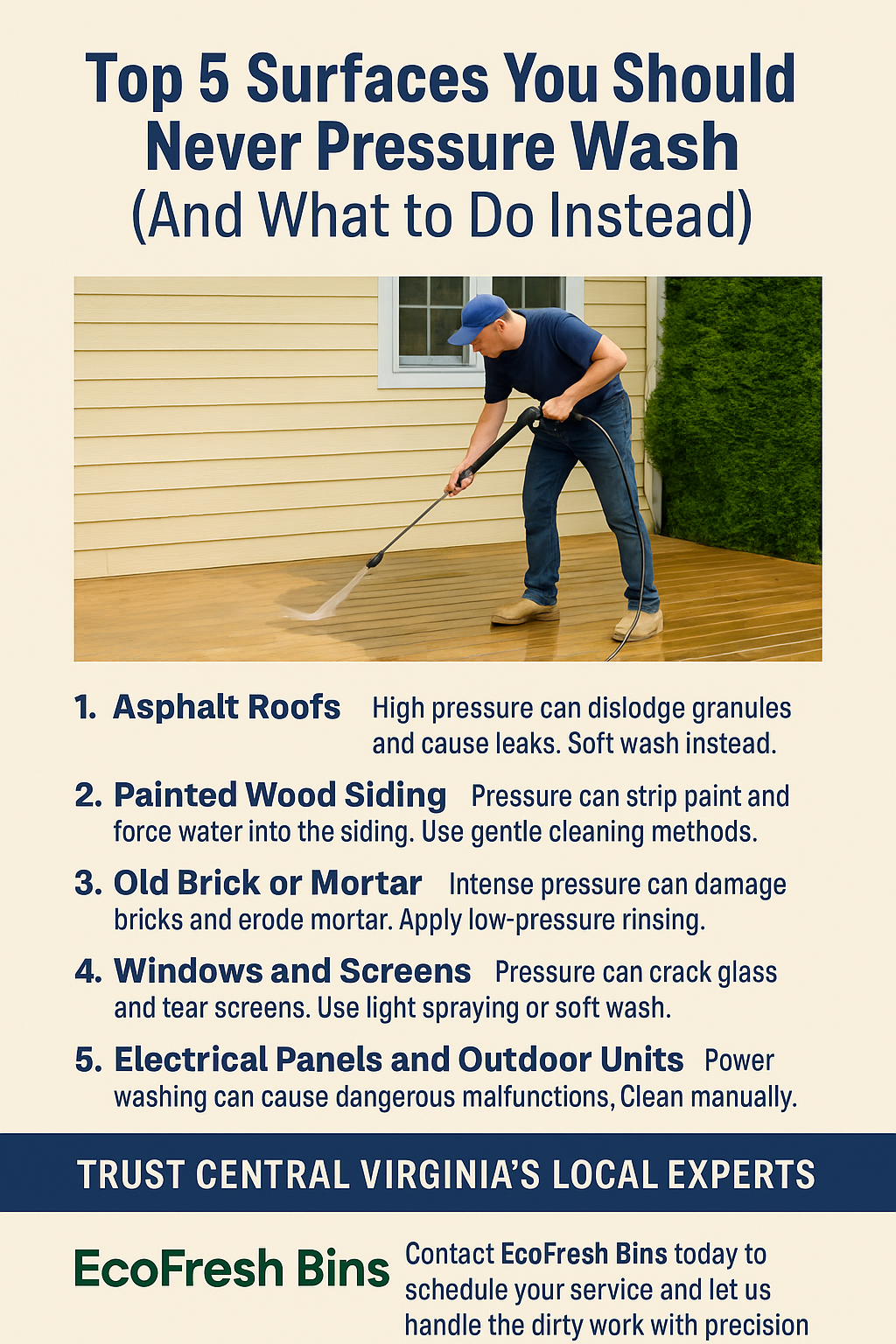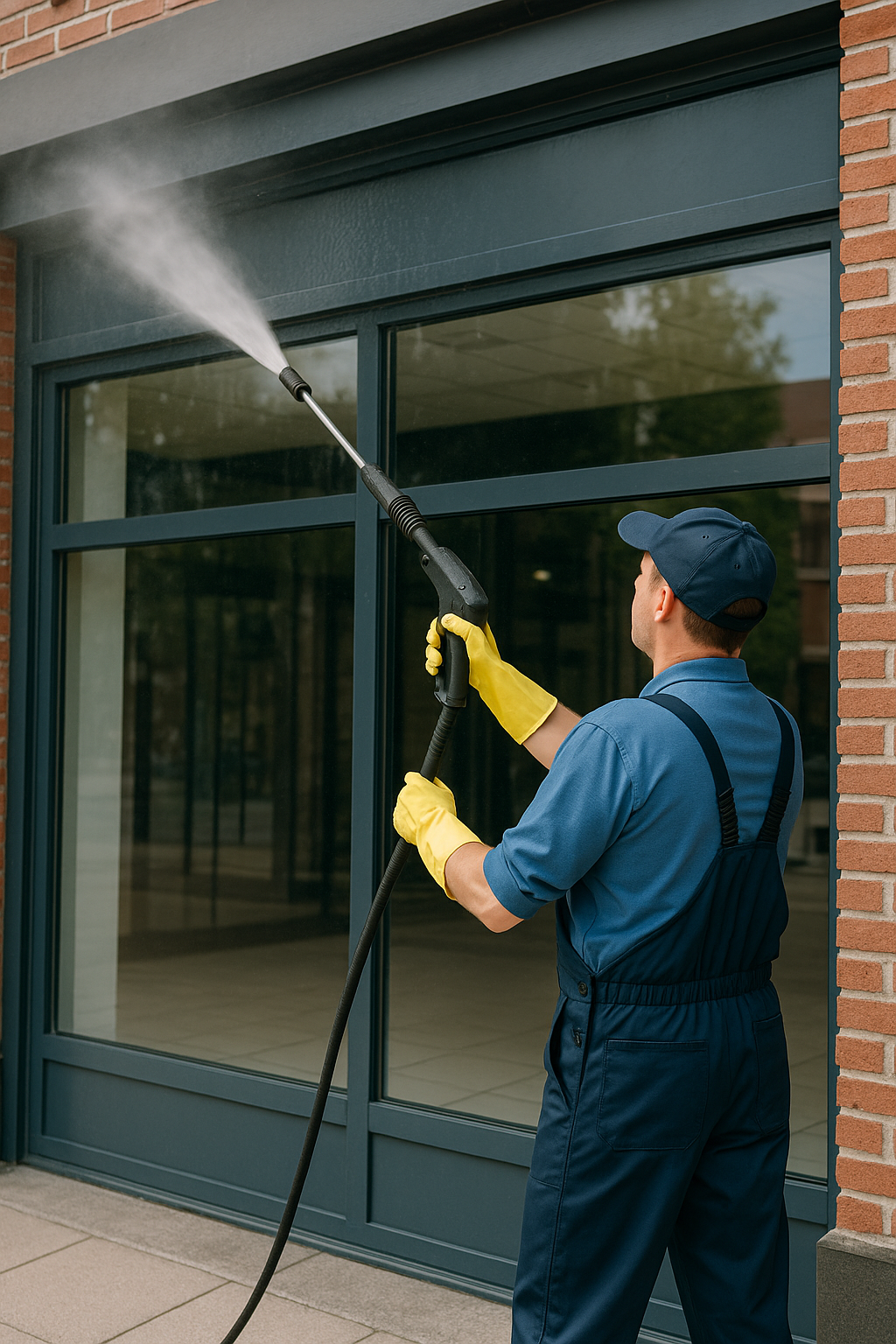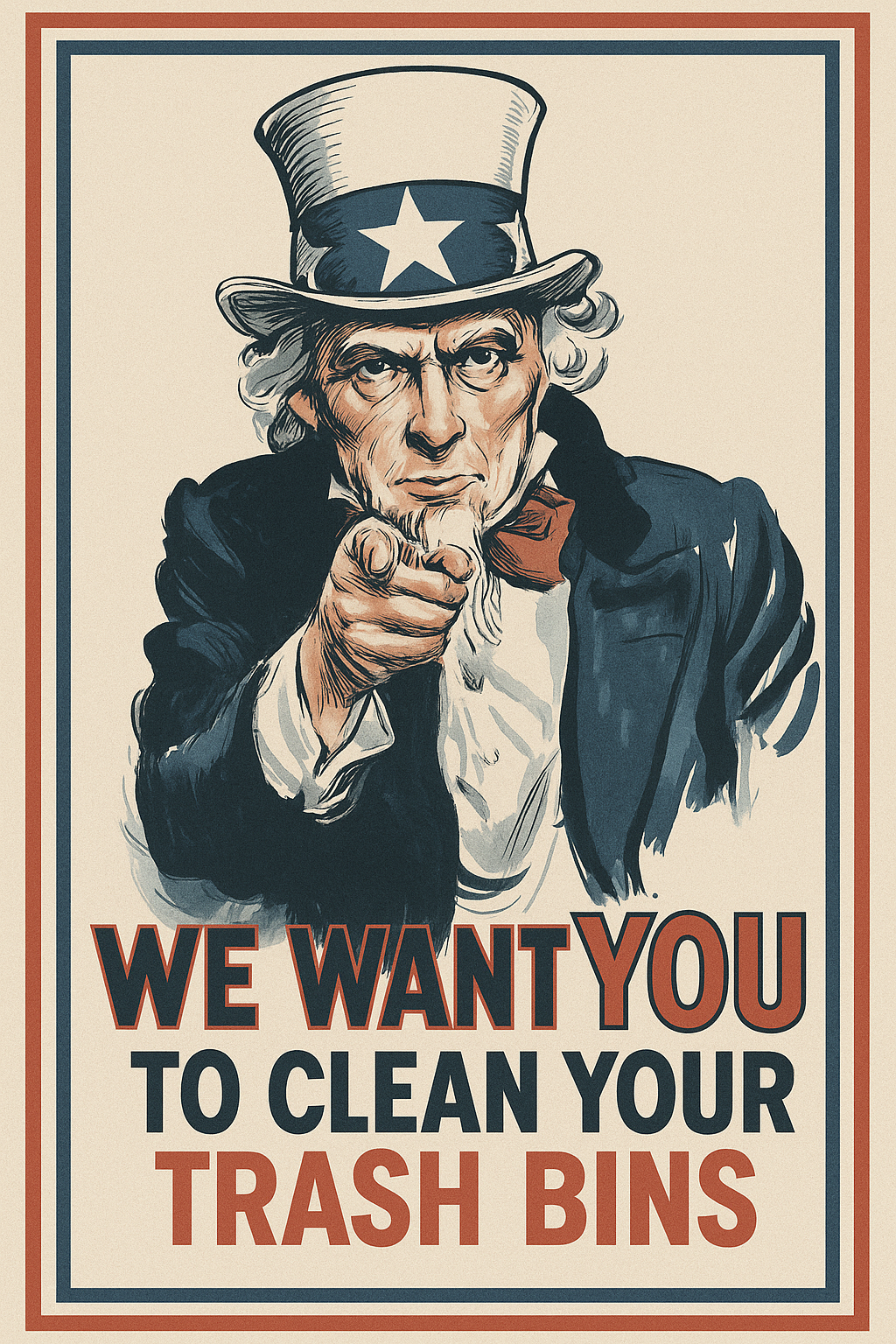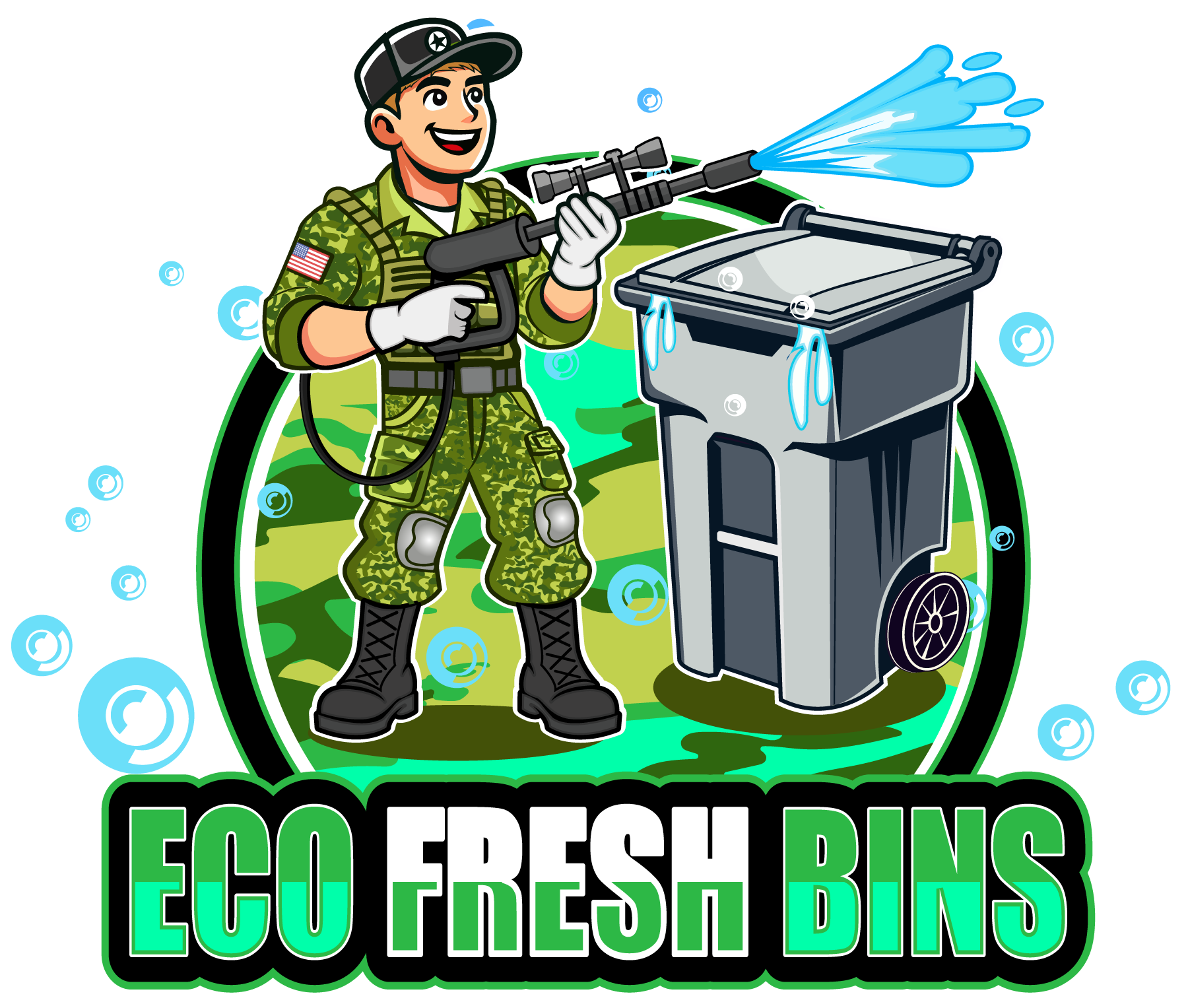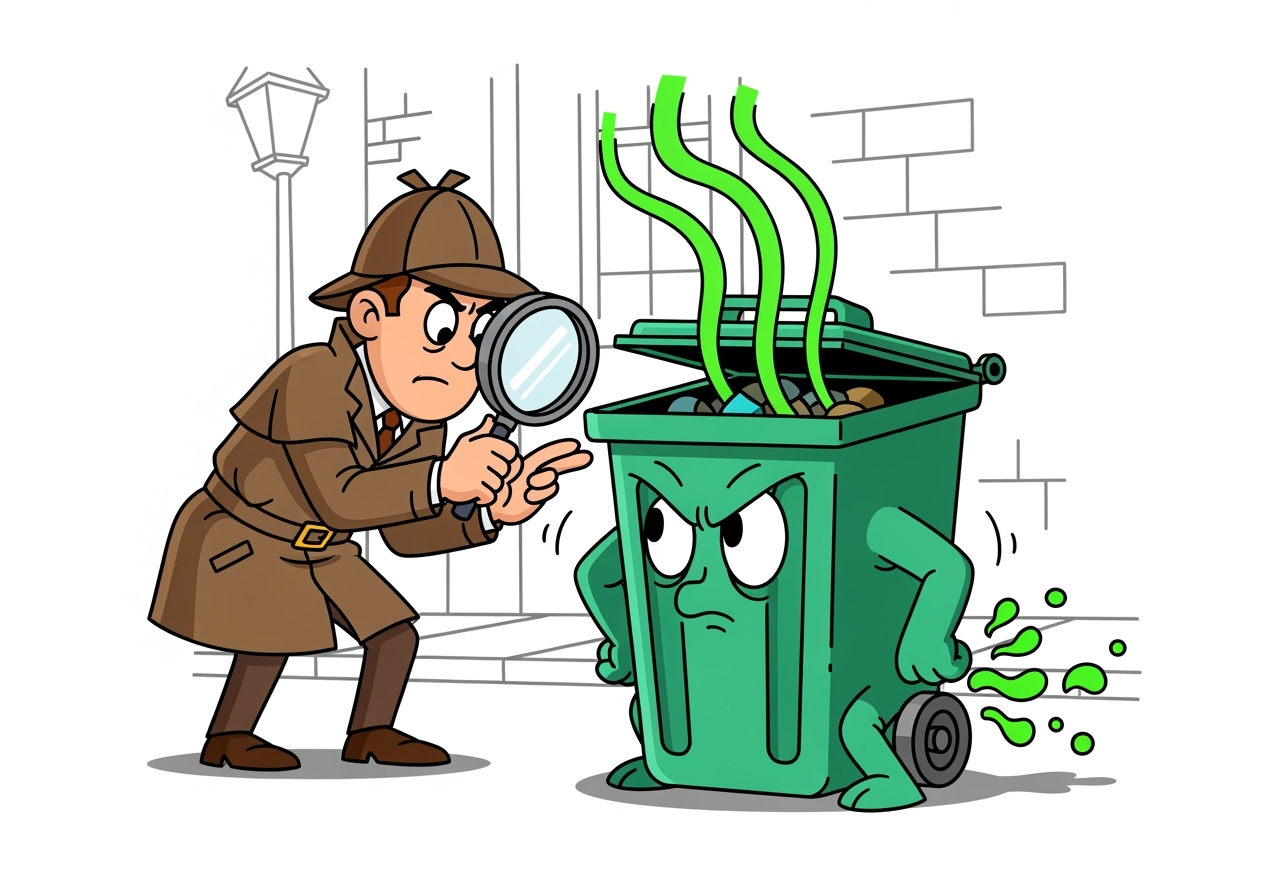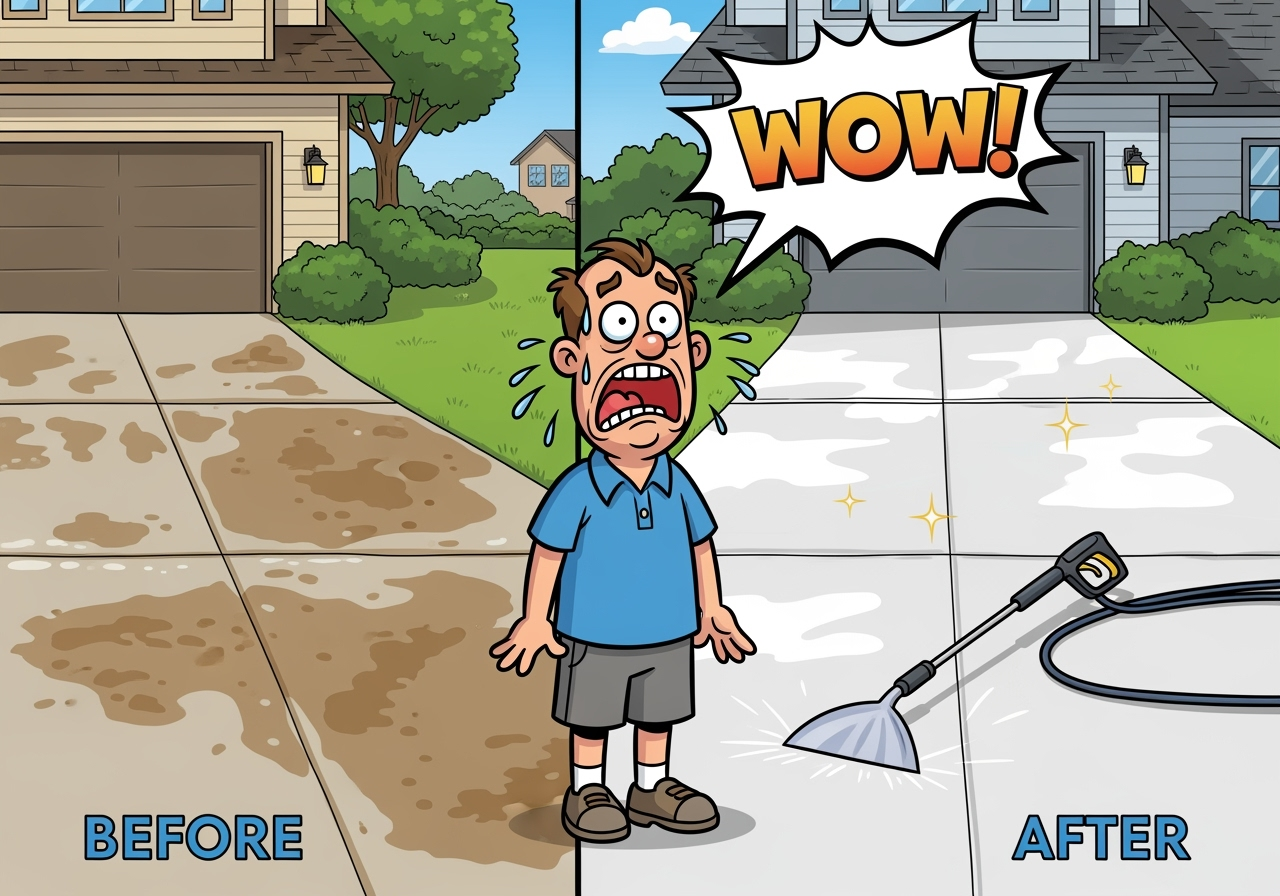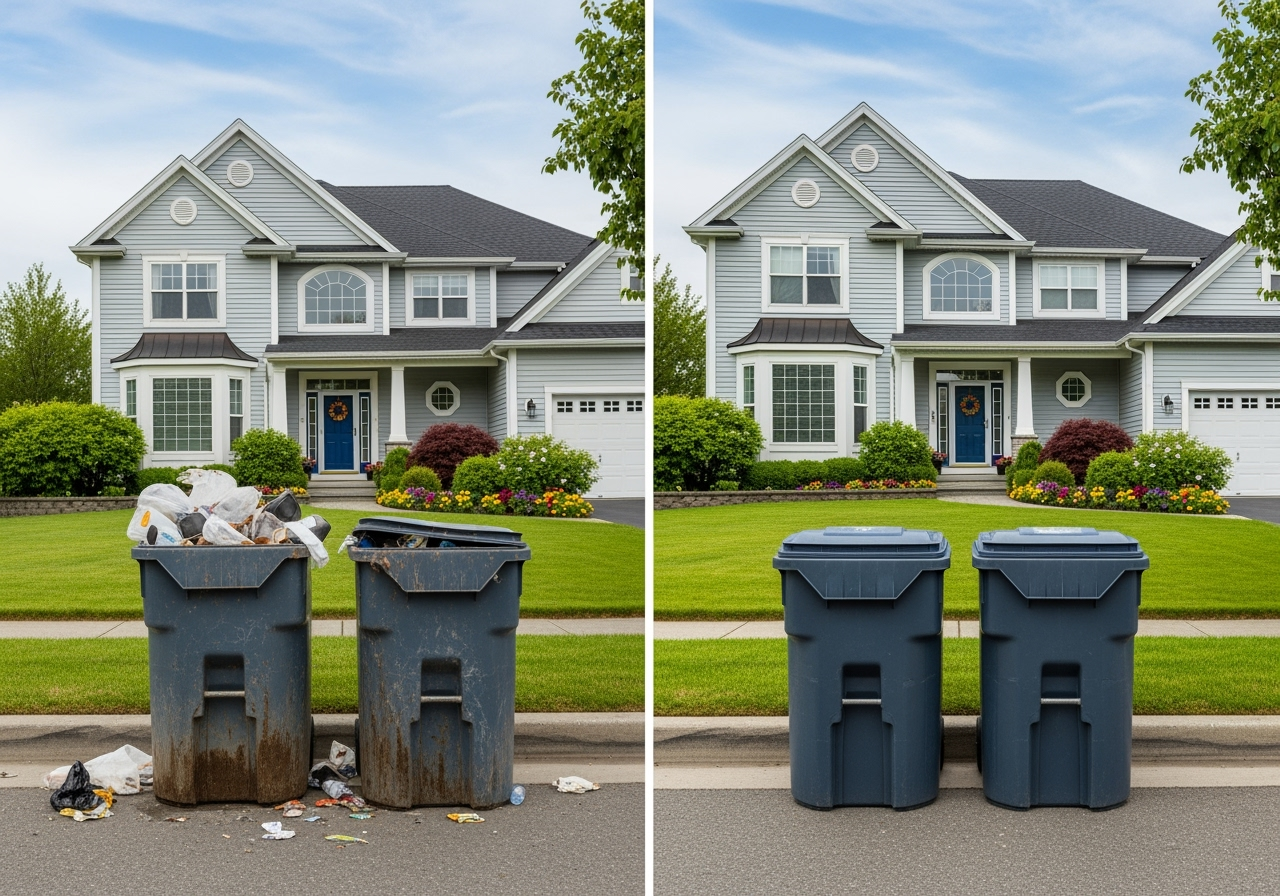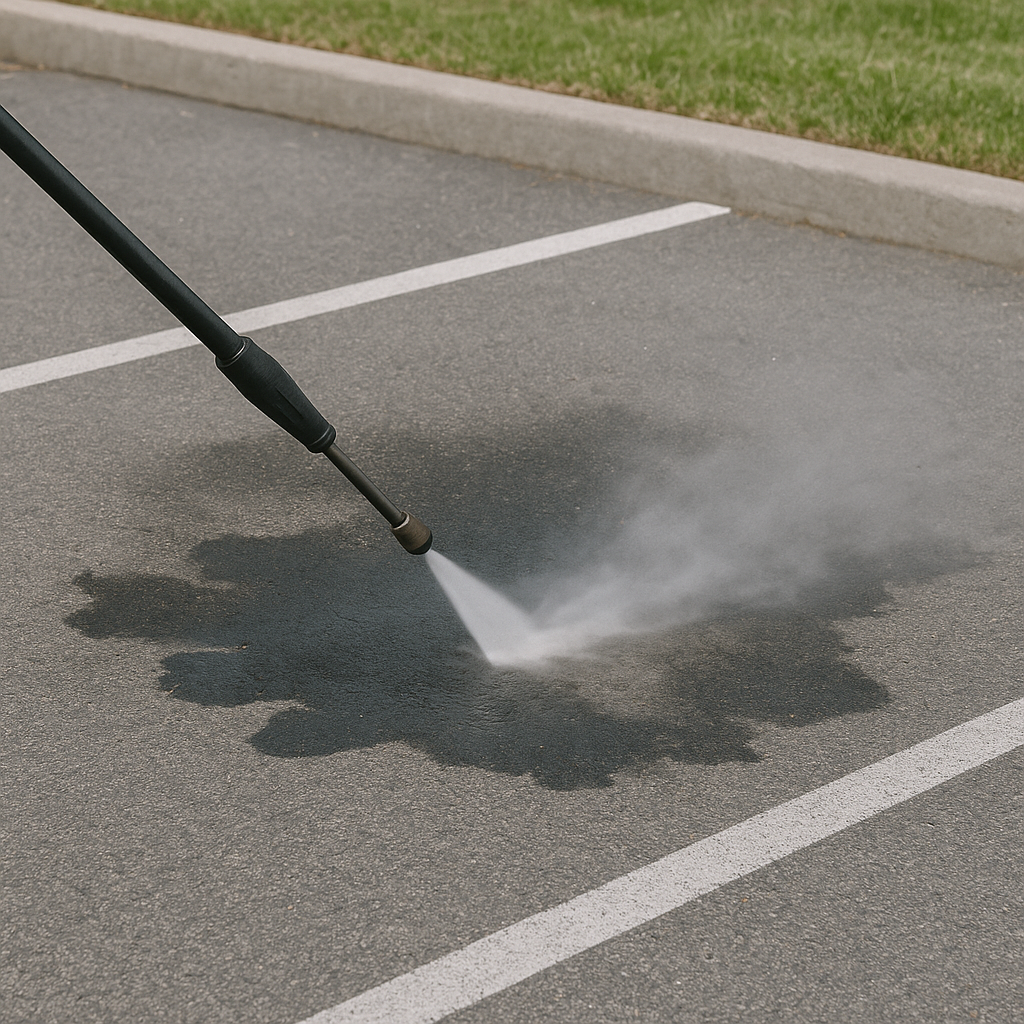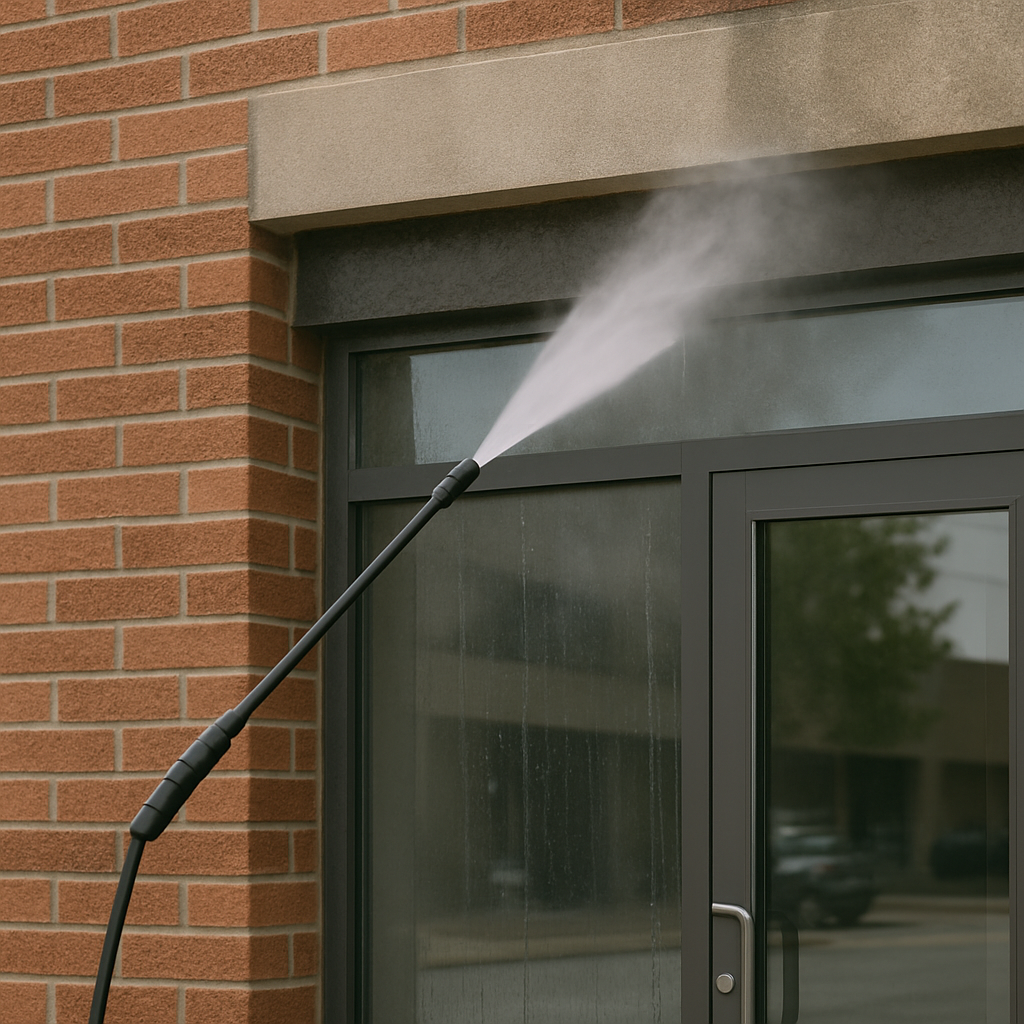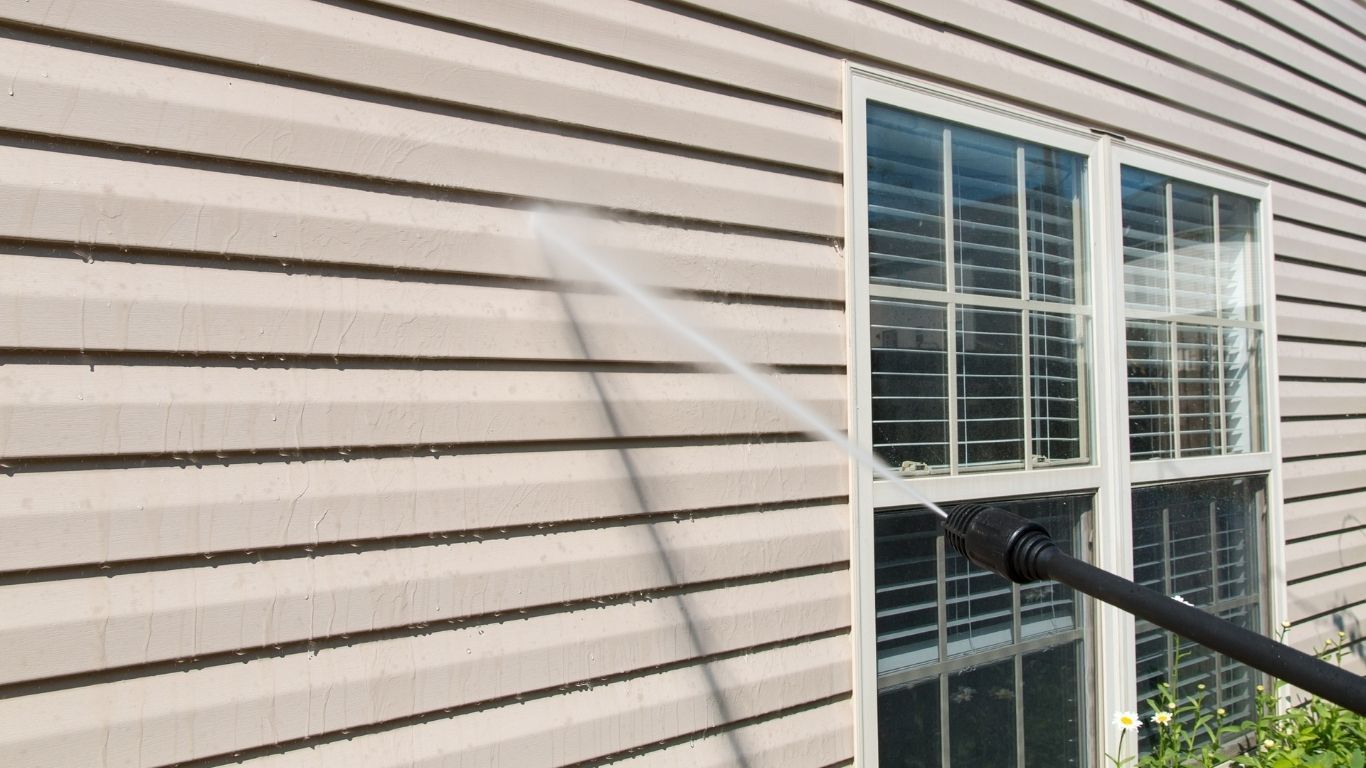By John Roberts
•
June 5, 2025
Your trash can does the dirty work, but when was the last time you gave it a proper cleaning? Over time, leftover waste, spills, and residue can cause foul odors, attract pests, and even pose health risks. Whether you're dealing with your outdoor garbage bin or your indoor kitchen can, regular cleaning is essential. In this guide, we’ll show you how to clean your trash can at home effectively using simple tools and safe cleaning methods. Why Cleaning Your Trash Can Matters Dirty trash cans are more than just unpleasant—they’re breeding grounds for bacteria, mold, and insects. Especially in warmer months, a neglected bin can quickly become a sanitation hazard. Here are the top reasons to keep your trash can clean: * Eliminate bad odors from decomposing waste. * Prevent pest infestations like maggots, ants, and raccoons. * Reduce germs and bacteria that can spread disease. * Extend the life of your trash can. What You'll Need Before you start, gather these cleaning supplies: * Rubber gloves * Dish soap or all-purpose cleaner * Disinfectant spray or a vinegar solution * Hose or bucket of warm water * Long-handled brush or toilet brush * Optional: baking soda for deodorizing Step-by-Step: How to Clean Your Trash Can 1. Empty the Bin Completely Start by removing all trash and loose debris. If your bin liner leaked, scrape off any stuck-on gunk with a paper towel or putty knife. 2. Rinse with Water Use a garden hose or pour in a bucket of water to rinse out the inside. Tilt the can and swish the water around to loosen residue. 3. Scrub the Interior Apply dish soap or an all-purpose cleaner. Using a long-handled brush, scrub the sides, bottom, and lid thoroughly. Don’t forget the rims and any crevices where gunk can hide. 4. Disinfect Spray the inside with a disinfectant or a mix of vinegar and water (1:1 ratio). Let it sit for 5–10 minutes to kill germs and neutralize odors. 5. Rinse Again and Dry Rinse out all cleaner and disinfectant with clean water. Leave the bin upside-down to drain and air dry in the sun—UV rays help kill lingering bacteria. 6. Optional: Deodorize Once dry, sprinkle a layer of baking soda at the bottom to help absorb odors between cleanings. How Often Should You Clean It? For outdoor garbage bins, aim to clean them at least once a month, or more frequently during hot weather. Kitchen trash cans benefit from bi-weekly cleaning, especially if food scraps are tossed without liners. When DIY Isn't Enough Sometimes, DIY methods aren't enough to remove stubborn grime, smells, or pest infestations. In those cases, a professional trash can cleaning service can sanitize your bins with high-pressure, high-heat water and eco-friendly solutions that restore them to like-new condition. Conclusion Keeping your trash can clean doesn’t just improve your home's hygiene—it also makes your entire waste disposal process more pleasant. With these simple steps, you can reduce odors, deter pests, and keep harmful bacteria at bay. Want a deeper clean without the hassle? Contact EcoFresh Bins for professional trash can cleaning services. We offer eco-friendly, high-pressure cleaning that leaves your bins spotless and odor-free. Serving the Central Virginia we make trash day a little fresher.
